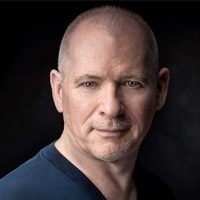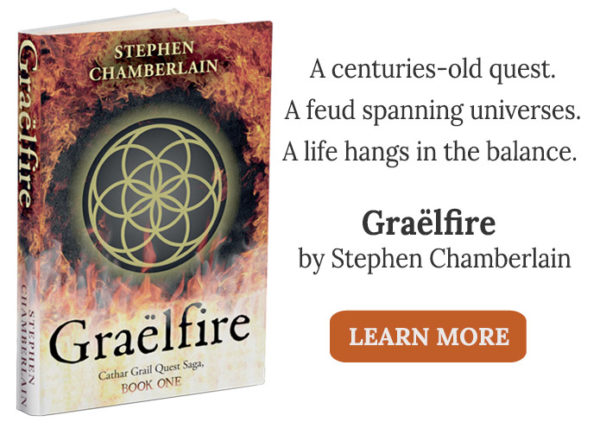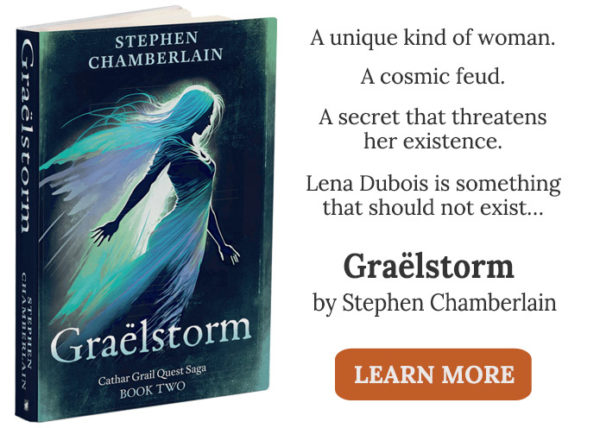“Love is a smoke raised with the fume of sighs.”
— William Shakespeare
Fiction and romance go together like bread and butter. They make up some of our best-loved stories. But when it comes to genre — Romance with a capital R — the entire plot must revolve around the love interest. What’s more, a happily-ever-after ending is a given. Fans know their genre, and woe betide the writer who fails to deliver. Cue Stephanie Meyer’s Twilight. Beneath its supernatural trappings, this coming-of-age story is a high school romance: Bella meets Edward; they fall in love and marry. The moral of this tale is love conquers all.
Will They, Won’t They?
All the same, romance in fiction is more than the ending; the journey is what matters. Where and how do lovers meet? What is their chemistry? Will they overcome barriers that keep them apart? Love at first sight, involuntary passion, love triangles, and obstacles of status or race — all are themes that resonate through time. If you want to know why romance novels top best-seller lists, look no further. Who doesn’t want to believe happy endings are possible?
But as the movie Casablanca shows us, not all romances have fairytale endings. They can even make tragic reading. Take Bonnie and Clyde, love-struck gangsters who died in a hail of bullets. Bonnie’s family wouldn’t even allow them to be buried together.
Tragic Endings
Aristotle defines tragedy as the fall of someone highly placed — a fall that owes as much to the protagonist’s own faults as it does to external forces. These tragic flaws occur time and again in romantic tragedies, be it Othello’s jealousy or Anna Karenina’s infidelity. Tragedies never have happy endings. Characters pay the price for their Achilles’ heel.
Some of our most famous love stories lean towards the tragic. Think of Romeo and Juliet, star-crossed lovers kept apart by a feud between their families. Some consider this a classic romance because of its theme of love against all odds. But Romeo has a tragic flaw. His impetuous nature verges on recklessness, and young love dies because of it. Higher on the tragic scale is Wuthering Heights. There is passion aplenty but little romance. Heathcliff and Catherine’s relationship is destructive.
They say we grow sentimental as we get older, and I’m not averse to romance in fiction. But I prefer to read action, adventure, and thrillers. I don’t mind romance embedded in these genres as long as it isn’t a wanton intrusion on the narrative’s pace. For example, the gratuitous love triangle between Tauriel, Legolas, and Kili in The Hobbit movie adds nothing to the original book. It’s a question of balance and layering. If romance is there, it must move the plot forward while playing a supporting role to more prominent themes and conflicts. Better still for the drama if it veers towards bittersweet or tragic. Take my novel, Graëfire — a quest adventure with love lost in one arc and love unrequited in the other. Passion is one of its driving forces; it explains the antagonist’s transformation. But romance is not the story’s focus. There is a quest to pursue, other issues at stake, and more dominant goals than the love of one person for another.
In fantasy stories, a happily-ever-after ending is never guaranteed. For instance, in the godfather of modern fantasy, The Lord of the Rings, Frodo is left a wounded hero after Sauron is defeated. Too deeply scarred to find peace in the Shire, he must leave his beloved home and retire to the West. “I tried to save the Shire,” he tells Sam. “And it has been saved, but not for me.” This bittersweet conclusion underscores a theme of the trilogy — the tragic inevitability of decline and loss.
Why Romance Matters
Romance is many things to many people. Some readers seek happy endings; others don’t. But one lesson romance stories teach us is our desire for intimacy. If the hero’s journey is a metaphor for life, is love not one of its fiercest emotions? It can take us beyond reason — beyond self-control. We love, we hate, and we laugh and grieve. That’s why romance and heartbreak crop up in every kind of narrative. Love can be intoxicating if it brings togetherness. Thwarted, it can turn toxic — even in the best of souls. What better fodder for storytellers?
I think there is room for romance in any genre, even if one doesn’t care about its outcome per se. Thankfully, genres aren’t silos. There are enough intersections to suit everybody’s tastes.

Stephen Chamberlain is the author of the fantasy novel Graëlfire. He draws inspiration from the impact of landscape on myth, and the association of liminality with the supernatural and magic. Stephen lives in Switzerland.



